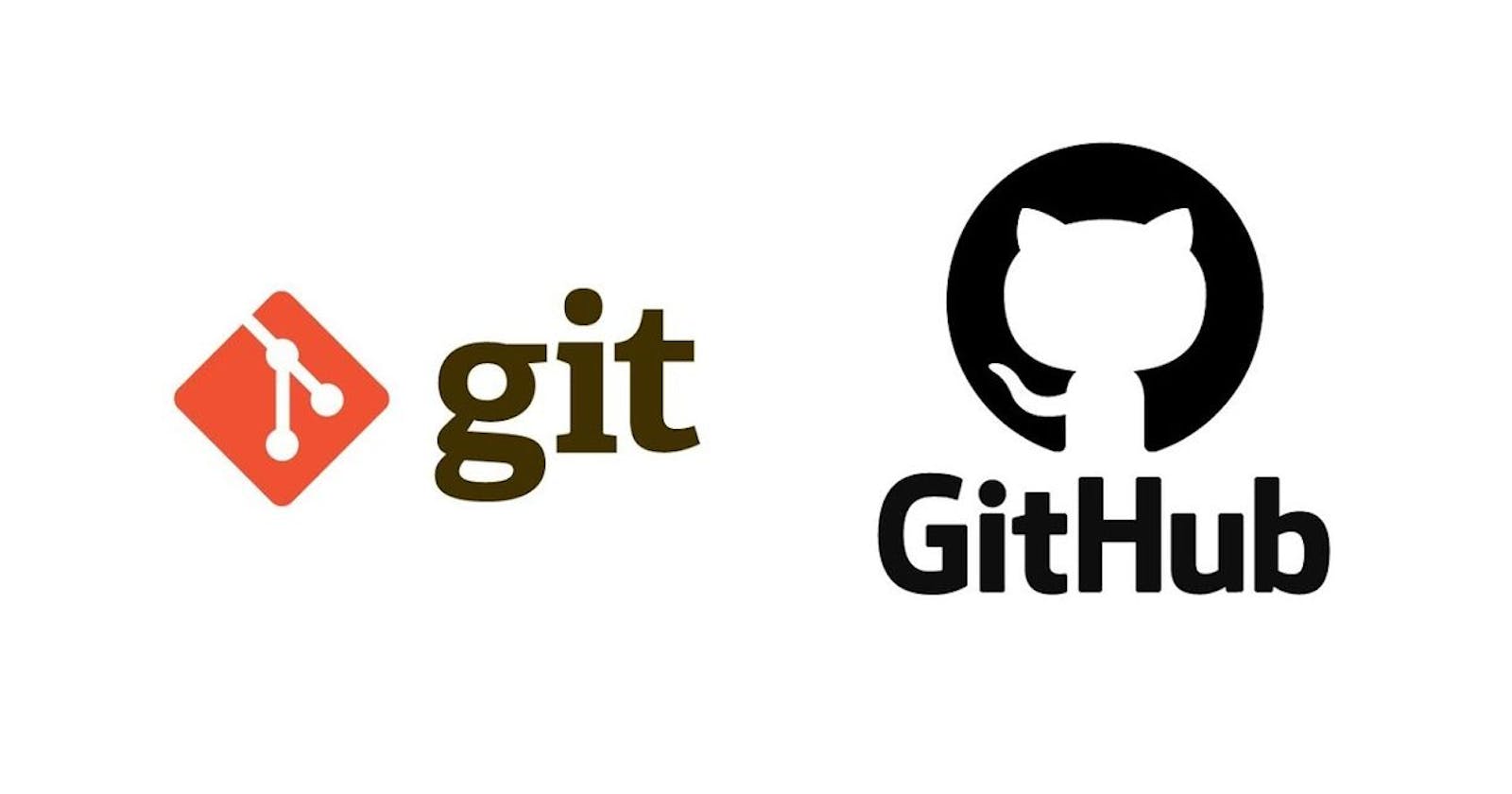Git and GitHub are two commonly used tools in software development. While they are often used together, they serve different purposes.
What is Git?
Git is a version control system that allows developers to track changes to their code over time. It enables users to create different branches of their code, merge changes, and collaborate with others. Git is a powerful tool that can be used locally on a developer's machine or on a remote server.
What is a github
GitHub, on the other hand, is a web-based platform for hosting Git repositories. It provides a user-friendly interface for managing Git repositories, including features such as pull requests, issues, and project management tools. GitHub also enables collaboration among developers by allowing them to share their code and work on projects together.
While Git is a standalone tool, GitHub is built on top of Git and provides additional features that make it a popular choice for developers. However, it's worth noting that there are other alternatives to GitHub, such as GitLab and Bitbucket, that offer similar functionality.
In summary, Git is a powerful version control system that enables developers to manage changes to their code over time, while GitHub is a web-based platform for hosting Git repositories that provides additional collaboration features. Together, they provide a powerful toolset for developers to manage and collaborate on their code.
